Description
अर्जुनस्य परीवारो यस्तु पीत्वा मृत्युमुच्यते ।
अर्जुनपर्णशाखाश्च सर्वारोगप्रशमनाः ॥
Transliteration:
Arjunasya parivāro yastu pītvā mṛtyumucyate |
Arjunaparṇaśākhāśca sarvārogapraśamanāḥ ||
Translation:
“One who consumes the bark of the Arjuna tree and its leaves and branches is freed from the fear of death. The leaves and branches of the Arjuna tree are known to have the power to cure all diseases.”
Vernacular names for Arjuna:
- Hindi: Arjun, अर्जुन
- Sanskrit: Arjuna, अर्जुन
- Bengali: Arjun, অর্জুন
- Tamil: Yarukku, யாருக்கு
- Telugu: Tella Maddi, తెల్ల మడ్డి
- Kannada: Maddi Mara, ಮಡ್ಡಿ ಮರ
- Malayalam: Nirmarutu, നിർമാരുത്
- Gujarati: Sadado, સદડો
- Marathi: Srdhaval, सृधावळ
- Punjabi: Arjan, ਅਰਜਨ
- Urdu: Arjuna, ارجنا
- Arabic: Qursin, قرصين
- Persian: Arjun, ارجون
- Nepali: Arjuna, अर्जुन
- Tibetan: སི་རྒྱགས་སྟོད་པར་མཆོག (Si-rgyags stod par mchog)
- Thai: Cha-plu, ชะพลู
- Indonesian: Arjuna
- Vietnamese: Cây trường sinh, Cây bình vôi
- Chinese: 银花树 (yín huā shù) or 阿尔荪 (a ěr sūn)
Potential benefits of Arjuna in Ayurveda:
- Supports Heart Health: Arjuna is believed to have cardio-protective properties and has been traditionally used to support heart health. It may help reduce blood pressure, improve blood flow, and strengthen the heart muscles.
- Anti-inflammatory: Arjuna has anti-inflammatory properties and may help reduce inflammation in the body. This may be beneficial in managing inflammatory conditions like arthritis.
- Antioxidant: Arjuna is a rich source of antioxidants, which can help protect the body against oxidative stress and free radical damage.
- Digestive Support: Arjuna has been traditionally used to support digestive health. It may help relieve constipation, improve digestion, and reduce inflammation in the gut.
- Respiratory Health: Arjuna may help support respiratory health by reducing inflammation in the airways and improving lung function.
- Skin Health: Arjuna may have beneficial effects on the skin, including reducing inflammation and supporting wound healing.
- Anti-cancer: Arjuna contains compounds that may have anti-cancer properties. Research has shown that it may help inhibit the growth of cancer cells in the body.
- Immune System Support: Arjuna may help support the immune system and improve the body’s natural defense mechanisms.
- Anti-diabetic: Arjuna may help regulate blood sugar levels and may be beneficial for people with diabetes.
- Anti-aging: Arjuna is rich in antioxidants, which can help protect the body against the effects of aging and oxidative stress.
- Liver Support: Arjuna may help support liver health and may be beneficial in managing liver diseases.
- Anxiety and Stress Relief: Arjuna may have a calming effect on the mind and may help reduce anxiety and stress.
Overall, Arjuna is a versatile herb with a wide range of potential benefits. However, it’s important to note that while Ayurvedic herbs like Arjuna can be helpful in managing various health conditions, they should not be used as a substitute for conventional medical treatment. It’s always best to consult with a qualified healthcare practitioner before using any herbal supplement or making any changes to your health regimen.
Arjuna, also known as Terminalia arjuna,nutritional value:
| Nutrient | Amount per 100 grams | Daily Requirement |
|---|---|---|
| Calories | 31 kcal | N/A |
| Carbohydrates | 6.7 g | 130 g |
| Fiber | 0.0 g | 25 g |
| Protein | 0.7 g | 56 g |
| Fat | 0.0 g | 44-77 g |
| Vitamin C | 0.0 mg | 90 mg |
| Calcium | 0.0 mg | 1000-1300 mg |
| Iron | 0.1 mg | 8-18 mg |
| Potassium | 28 mg | 2000-3000 mg |
| Sodium | 0.9 mg | 1500-2300 mg |
Arjuna Dosage
| Form | Dosage | Frequency | Method of Consumption |
|---|---|---|---|
| Powder | 500-1000 mg | 2-3 times | Mixed with water or honey |
| Capsule | 500-1000 mg | 2-3 times | Taken with water or as directed by the manufacturer |
| Tincture | 1-2 mL | 2-3 times | Taken with water or as directed by the manufacturer |
To know more about this , Please watch the Video !!
Courtesy : AyurvedShala
Disclaimer: Please note that it is important to consult with a qualified Ayurvedic practitioner before using any herb for therapeutic purposes, as the benefits may vary depending on the individual’s health status and dosha imbalance.
Note:
Minimum order value Rs.100 only.
All shown prices are inclusive of GST.
Free shipping on orders above Rs.1000.
Flat Rs. 99 Shipping Charges on orders below Rs.500 and Rs 49 order between Rs.501-999.
Actual product images used, product and image color may slightly differ.
Secure Payment by Razorpay and Paytm. Learn more about secure payments.
7 Day Returns is applicable in case the item is damaged, defective or different from description. Check our Return Policy

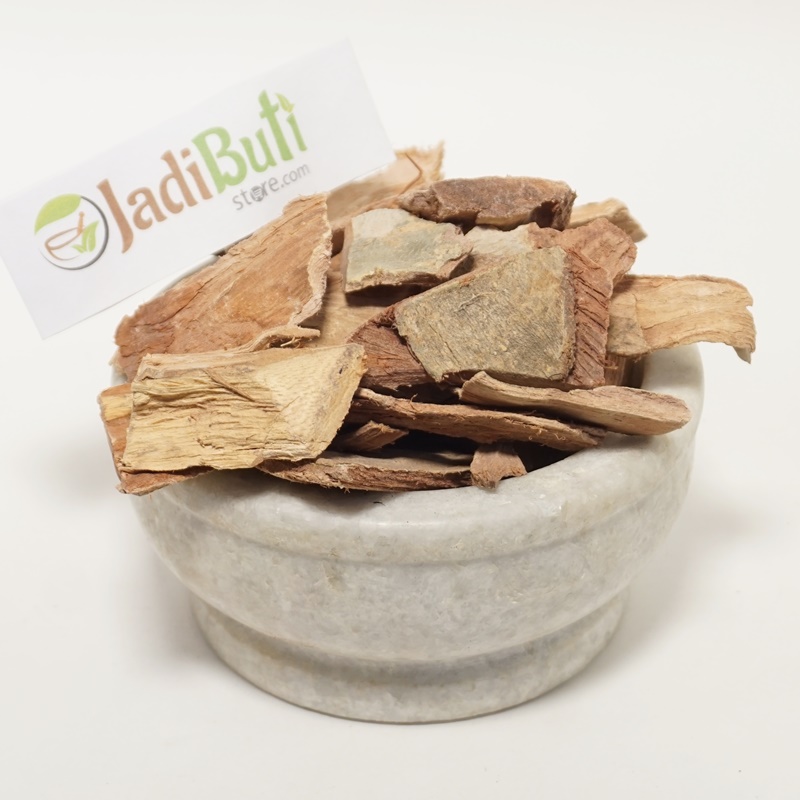
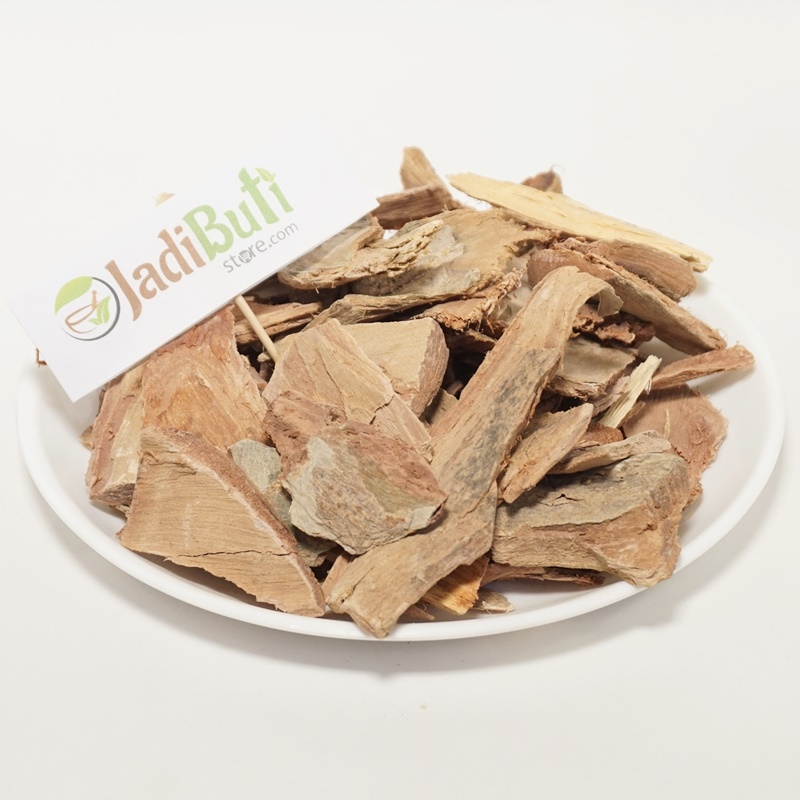
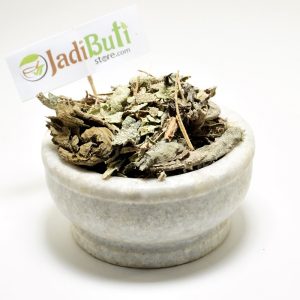
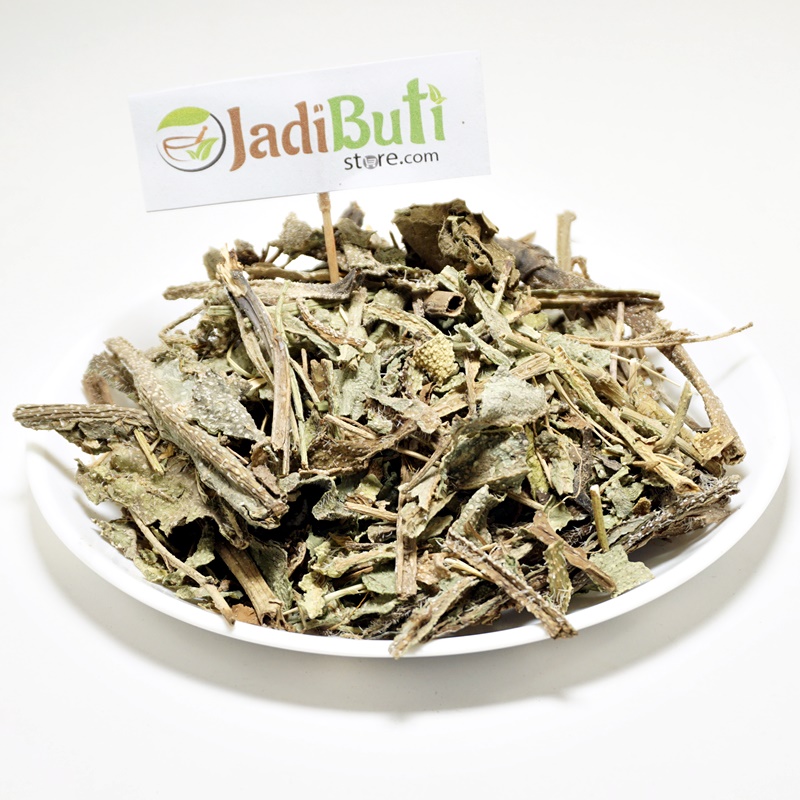
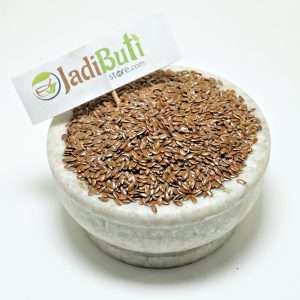

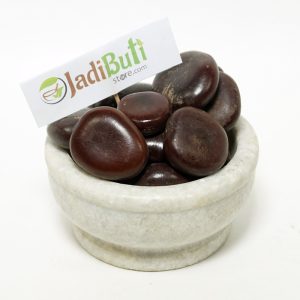
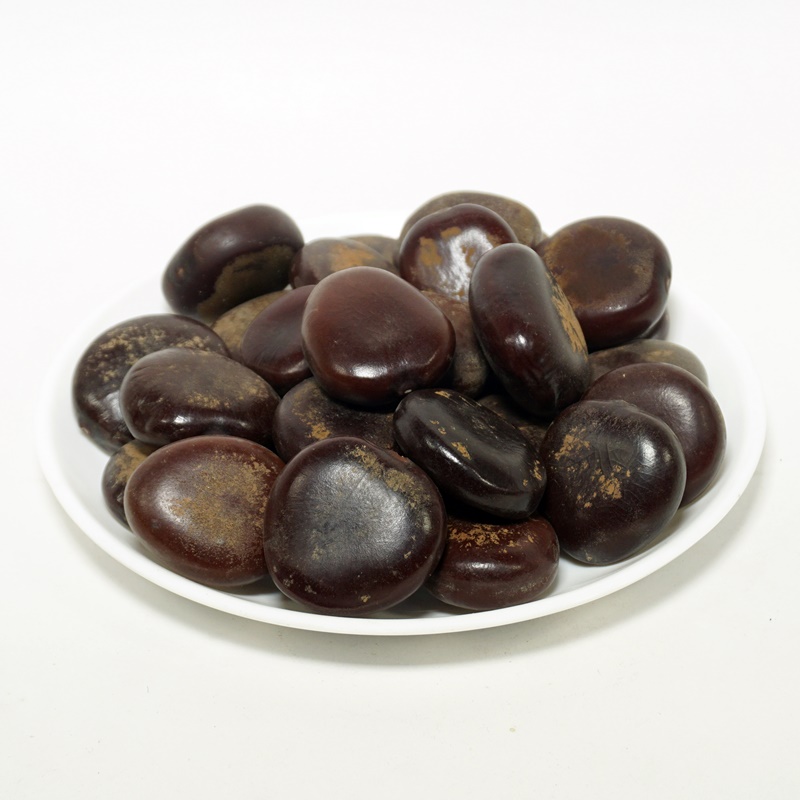
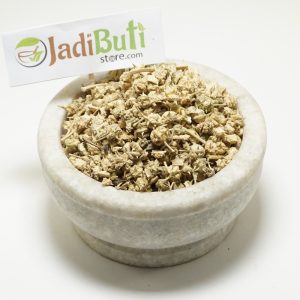
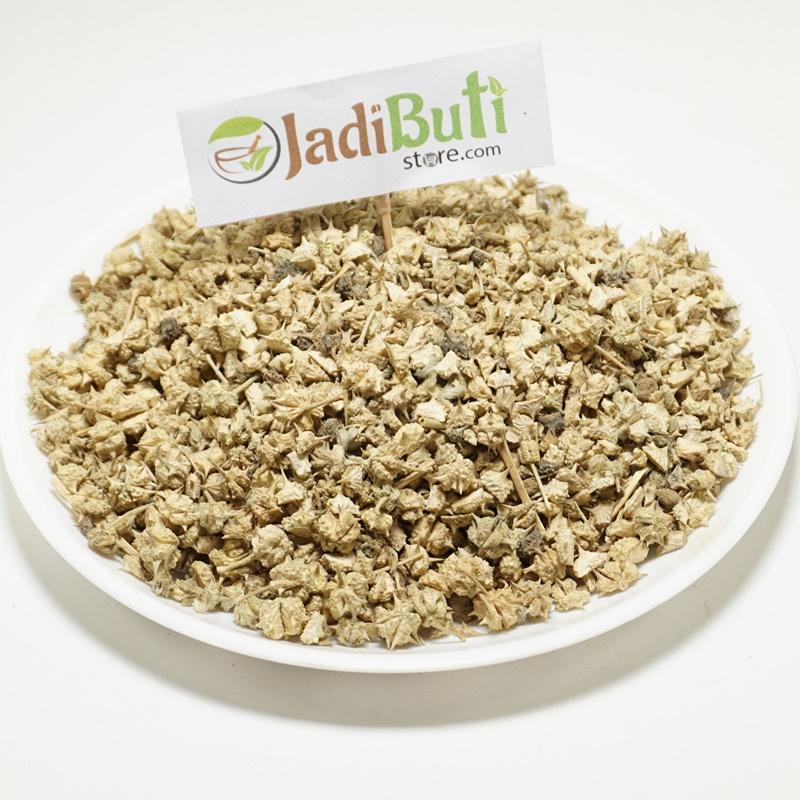
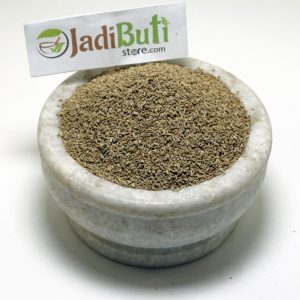

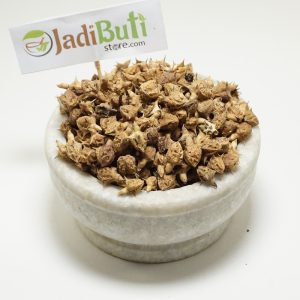

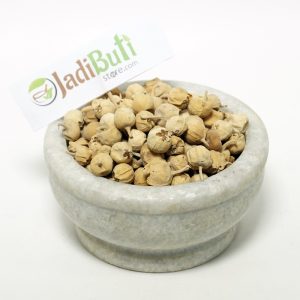
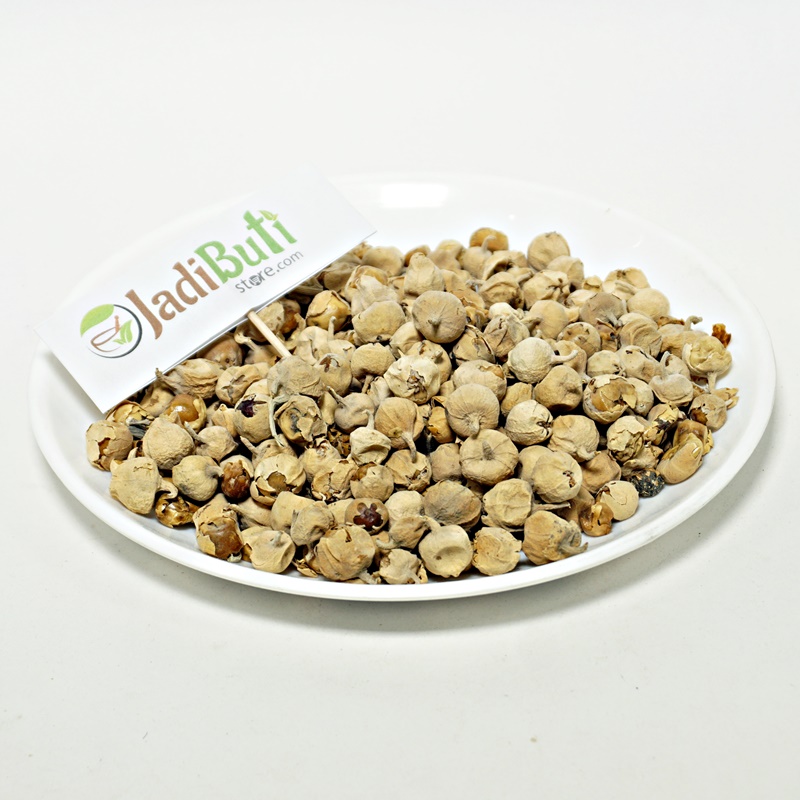
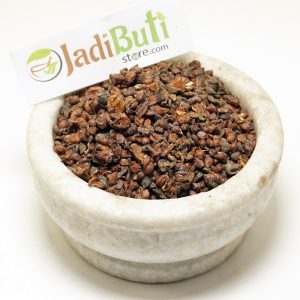
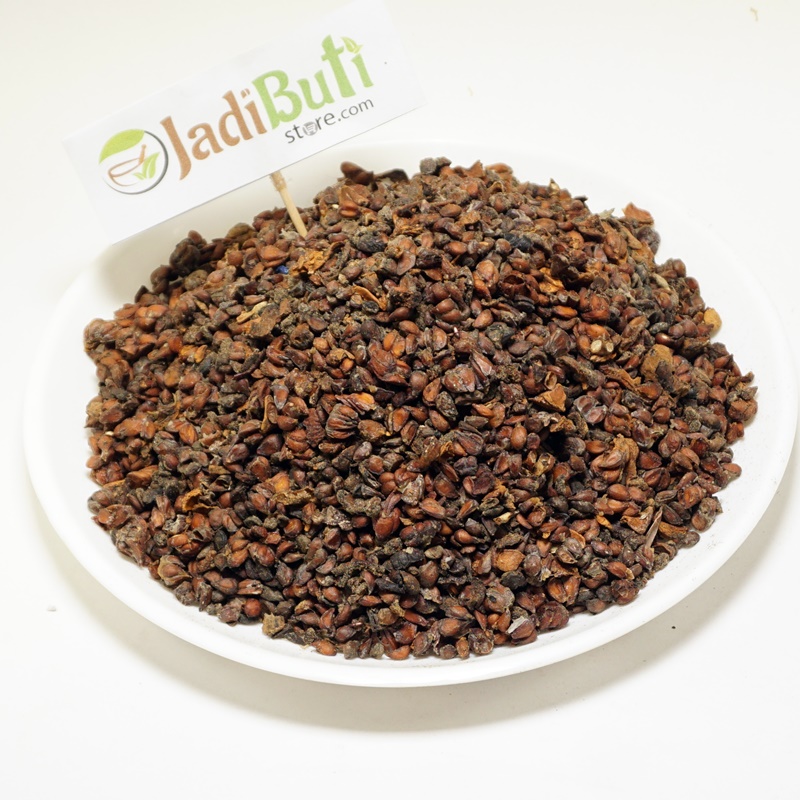
Reviews
There are no reviews yet.